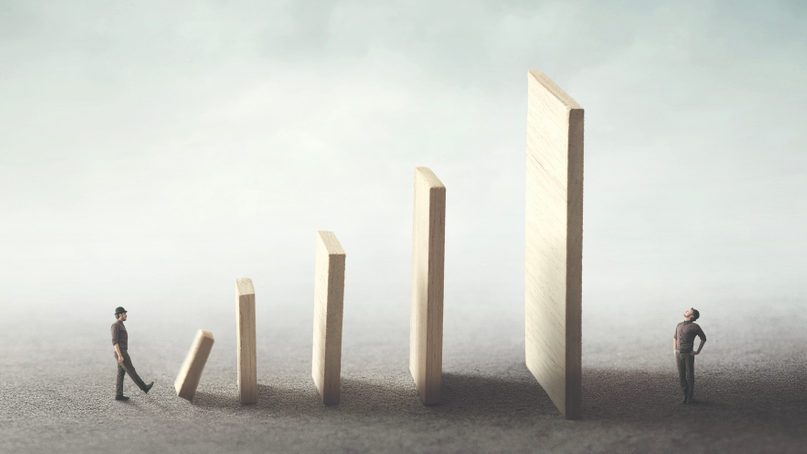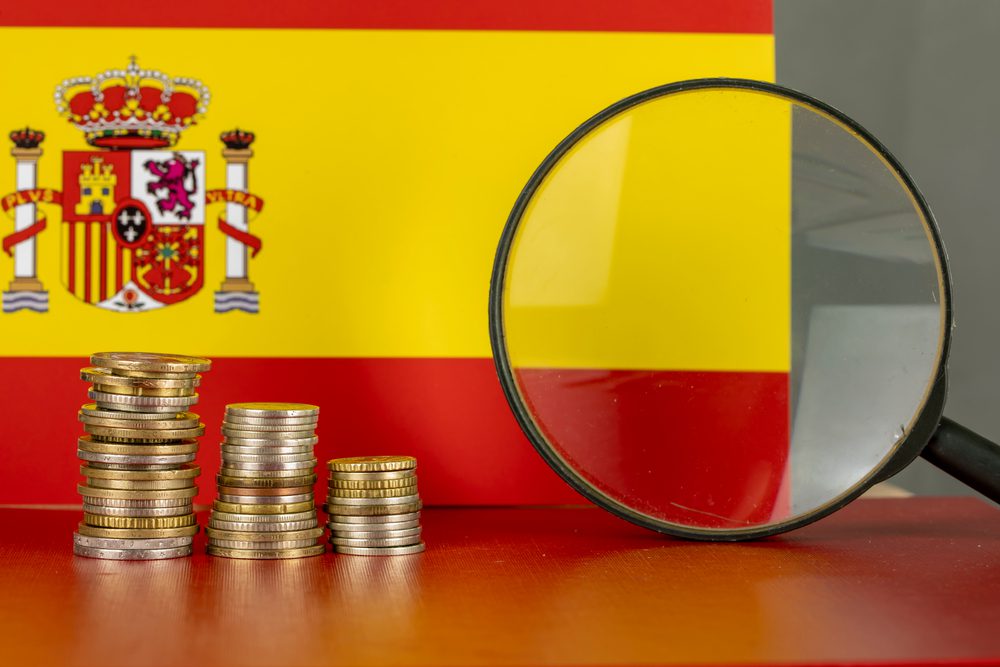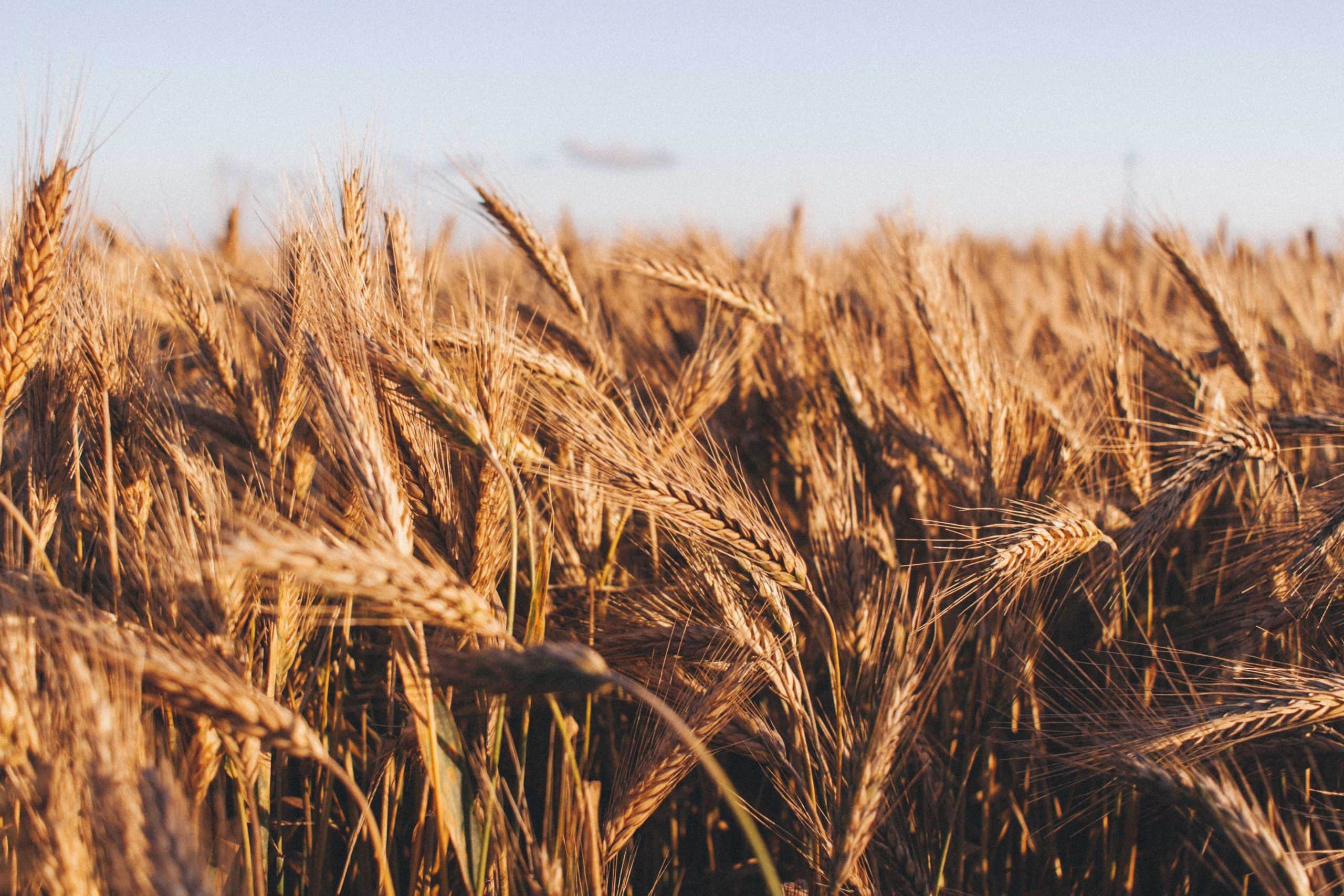
The Bill has Come Due for Germany and Europe
Germany’s excessive energy dependence on Russia is not the outcome of a natural process, but rather the consequence of policies that have been irresponsibly made and artificially imposed.

Germany’s excessive energy dependence on Russia is not the outcome of a natural process, but rather the consequence of policies that have been irresponsibly made and artificially imposed.

While some media sources claim that Russian exports to Asian markets have fallen, others point in the opposite direction.

Germany’s economy has been relying on an export surplus for decades, but exploding energy prices, in combination with a rigid transformation to renewable energies, has caused imports to exceed exports in value for the first time in more than 30 years.

In early May, the Indian Prime Minister announced India was ready “to feed the world” to combat the food shortage following the war in Ukraine. But contrary to expectation, the Indian government enacted an export ban on wheat to combat soaring domestic prices.

While short-term adjustments in spending can boost government efficiency and eliminate wasteful programs, a permanent solution to economic stagnation and unending budget deficits must focus on the ideological core of the welfare state.

Russia, the world’s largest wheat exporter, has threatened to restrict vital agricultural and food exports to countries deemed “friendly” to Moscow, prompting widespread concerns of a global food and migration crisis.

War in the Eurasian breadbasket is causing European countries to have to rethink food security and current agricultural policy for both the immediate and long-term futures.